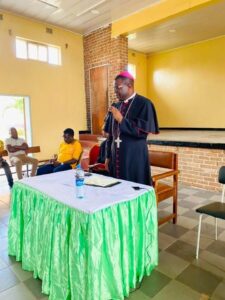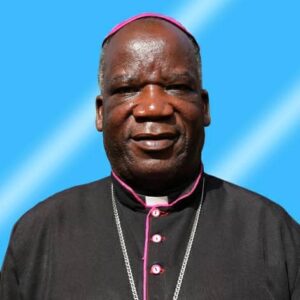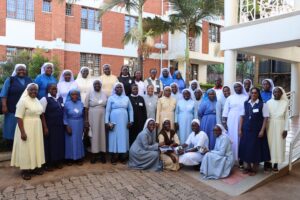AMECEA: Kenyan Priest Identifies Challenges Inhibiting Integral Human Development
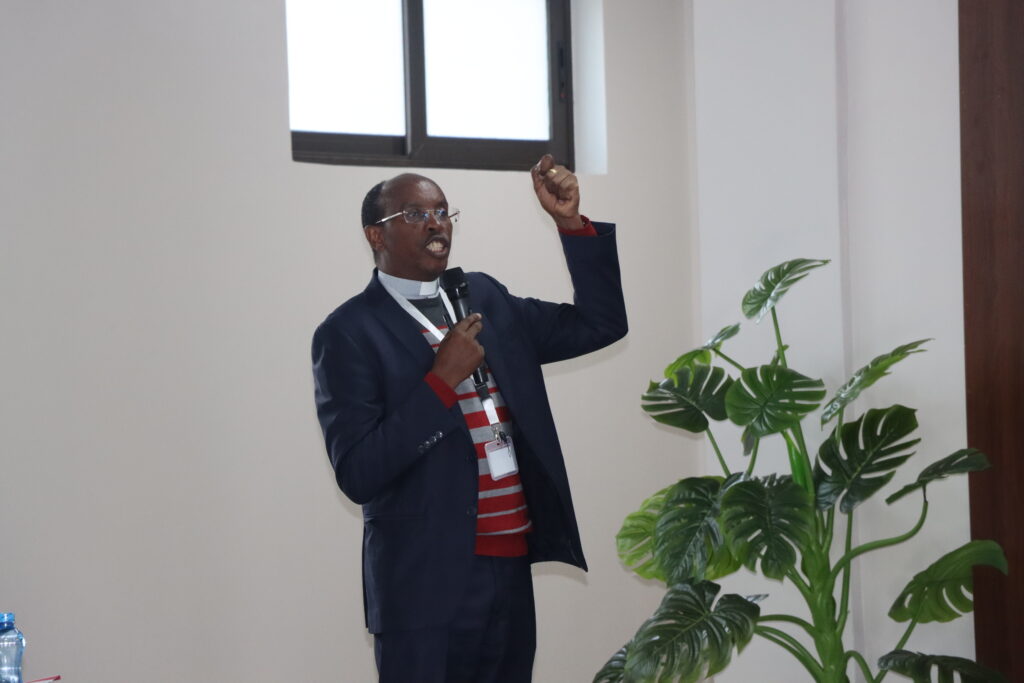
Fr. Mbaro
By Magdalene Kahiu
The Catholic Priest heading the Centre for Social Justice and Ethics at the Catholic University of Eastern Africa (CUEA) has identified challenges that inhibit integral human development and called for their address.
Fr. Peter Mbaro, who was speaking at the Stakeholder conference for AMECEA’s Department for Promoting Integral Human Development (PIHD) and the Vatican’s Dicastery for PIHD in Nairobi, Kenya, said addressing the challenges is paramount.
First, Fr. Mbaro said IHD faces a challenge because of a wrong understanding of development in Africa.
According to Fr. Mbaro, development is viewed as an economic concept that involves “the application of certain economic and technical measures to utilize available resources to instigate economic growth and improve people’s quality of life.”
“This limiting of development to economic and technological advancement, has done a lot of harm to programmes geared towards Integral Human Development,” said the Priest of the Catholic Diocese of Nyahururu in Kenya.
He added, “The indispensable connection between peace and development has been ignored by several players in the field of development and sustainable peace.” 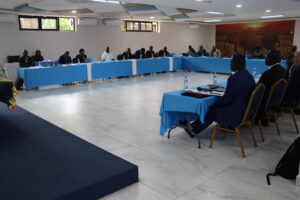
Secondly, the Kenyan Priest said that the dignity of the human person is not being upheld.
He pointed out that human trafficking, gender-based violence, and existing humanitarian crises are undermining human dignity.
Thirdly, Fr. Mbaro said challenges including the lack of social justice, youth unemployment, job insecurity, food insecurity, the strain on family life, and economic corruption are hindering the realization of IHD in the AMECEA region.
Fourth, the senior lecturer at CUEA highlighted religious and political aspects as constraints to IHD.
Fifth, Fr. Mbaro said there are climate challenges.
“We acknowledge that there is an ecological crisis which to a larger extent is a result of human behavior. In the region, the ecological crisis is now evidenced by the negative effects of climate change which include droughts, floods, and cyclones, among other disasters. All these are posing a growing threat to the socio-economic development of our countries and the sustainability of people’s livelihood in Eastern Africa,” he said referencing AMECEA Bishops’ message during the 20th AMECEA Plenary Assembly, in Dar es Salaam, Tanzania.
